By Dick LaFontaine and Rick LaRivière with Richard Luthmann
Staten Island District Attorney Michael McMahon finds himself in a peculiar situation. As he investigates alleged campaign fraud involving Republican State Senatorial candidate Marko Kepi, critics quickly point out the irony. McMahon admitted to a scandal involving forged signatures during his 2015 campaign for the office he now holds.
In 2015, McMahon's campaign was rocked by allegations that his petitions contained fraudulent signatures. Among the most egregious examples were the signatures of William Peck and Gladys Smith. The problem? Peck and Smith had been dead for years before they supposedly signed McMahon’s petition.
Quentin Smith, a former Assistant District Attorney on Staten Island, also found his name on the petition. When contacted by reporters, Smith, who had retired and moved to Ohio, confirmed that he had not signed any petition for McMahon.
"I certainly did not sign the petition for Michael McMahon," he said, speaking from his home in Cleveland.
The inclusion of his signature, along with those of deceased individuals, cast a long shadow over McMahon's political campaigns.
Ashleigh Owens, McMahon's campaign manager at the time, currently serves as the DA’s Chief of Staff. In 2015, she quickly tried to distance her candidate from the scandal.
"Mike and our campaign unfortunately appear to have been victimized by a small group of individuals from Red Horse Strategies," she said.
Red Horse Strategies, a political consulting firm hired to collect petition signatures, admitted that three of their employees had been fired over the incident.
"The reality is, Ms. Illuzzi-Osborn is attempting to make a mountain out of a molehill," stated Matt Rey, a partner at Red Horse Strategies, referring to McMahon's Republican opponent, Joan Illuzzi.
Despite the attempts to downplay the issue, the damage was done. Staten Island Acting District Attorney Daniel Master requested a special prosecutor to investigate the allegations. The case was eventually swept under the rug, but the questions lingered.
Fast forward to 2024, and McMahon, now DA, is leading an investigation into Marko Kepi's campaign. Kepi has been accused of submitting fraudulent signatures to secure his place on the ballot for the Republican State Senatorial primary. McMahon's office is investigating, yet some are asking whether he is the right person to lead such a probe, given his own history.
"There's a glaring conflict of interest here," says a source familiar with both cases.
"How can McMahon be expected to fairly investigate Kepi - again - when he has his own history of signature fraud? It raises serious questions about the appearance of impropriety."
The allegations against Kepi are serious. Democrats on Staten Island have accused Kepi of submitting fraudulent signatures, including those of deceased individuals and people who never signed his petitions. They argue that these signatures were part of a broader scheme to secure his place on the ballot by any means necessary.
Ironically, the allegations mirror those leveled against McMahon nearly a decade earlier. At the time, McMahon's campaign was accused of submitting more than 7,500 signatures for his Democratic Party petitions and around 700 for his Independence Party petitions. The petitions were later found to include forged signatures of deceased Staten Islanders, among other irregularities.
Joan Illuzzi, McMahon's opponent in the 2015 race, quickly seized on the scandal.

"It is disgraceful that at the end of his career, Mike McMahon's campaign is submitting forged signatures and signatures of dead voters—in clear violation of the law," said John Antoniello, then the GOP chairman, in a statement supporting Illuzzi's campaign. "We’ll leave it to the courts and the Board of Elections to do what is right and invalidate these fraudulent petitions."
In 2015, Richard Luthmann, a writer for this outlet, was a former attorney and political operator helping to knock McMahon off the ballot.
“I found the Quentin Smith signature and immediately knew the petitions were ‘kitchen table’ jobs. A group of us worked tirelessly: Bobby Zahn, Sam Pirozzolo, Mike Beck, and even a few Democrats. We exposed the dishonesty and the dead. McMahon has hated me ever since.” Luthmann said. “That petty little shit engineered a federal prosecution against me and George Padula, the legal objector at the Board of Elections during the 2015 DA campaign. In my opinion, to get it done, he probably blew Chuck Schumer or sent Dennis Quirk and Bruce Barron to do it. It was Lawfare. Everybody knows it.”
Luthmann also believes McMahon is a liar.
“Michael Edward is a good lawyer. When he says he did not know about the forged signatures when he submitted the petition, that’s bullshit. It’s like Hillary saying that she had no idea that Bill was a rapist,” Luthmann said.
Despite the serious allegations, McMahon managed to weather the storm. His petitions were certified by the Board of Elections, and he went on to win the DA race. The special prosecutor's investigation never led to charges, and the scandal faded from the public eye.
With McMahon investigating Kepi, some Staten Islanders are questioning whether the DA should recuse himself from the case.
"If a District Attorney should recuse because of the appearance of impropriety, then McMahon needs to step aside," argues a local political consultant, speaking under terms of anonymity for fear of retribution by McMahan and his wife Judith, who is a New York State Supreme Court Justice. "If he doesn't recuse himself in this case, then one has to wonder if the appearance of impropriety still matters at all."
The similarities between the two cases are striking. Both involve allegations of forged signatures, deceased voters, and political operatives willing to bend the rules to get their candidate on the ballot.
Both also involve candidates who deny any wrongdoing and attempt to distance themselves from the scandal by blaming the actions of lower-level operatives.
For McMahon, the stakes are high. As DA, he is expected to uphold the law and ensure justice. Yet his own past complicates his current role. Critics argue that his involvement in the Kepi investigation undermines public confidence in the integrity of the process.
"McMahon's history with petition fraud casts a long shadow over this investigation," says the political analyst. "It's hard to see how he can lead this probe without raising questions about his own conduct. At the very least, there is a strong case for him to recuse himself."
McMahon has shown no indication that he plans to step aside. His office has declined to comment on the 2015 allegations or the calls for his recusal. Instead, they have focused on the Kepi investigation, which they insist is being handled with the utmost integrity.
But for many on Staten Island, the irony is hard to ignore. A District Attorney who once had to explain how dead people signed his petition is now investigating another candidate for similar allegations. This situation has left some wondering whether the rules apply equally to everyone or if those in power are held to a different standard.
The public will be watching closely as the investigation into Kepi continues. McMahon's challenge is clear: He must prove that he can enforce the law impartially, even as questions about his past refuse to go away.
In the end, it comes down to a simple question: If Michael McMahon doesn't recuse himself in this case, is there any situation where the appearance of impropriety still matters? The answer could have significant implications for the Kepi investigation and public trust in the entire judicial process on Staten Island.








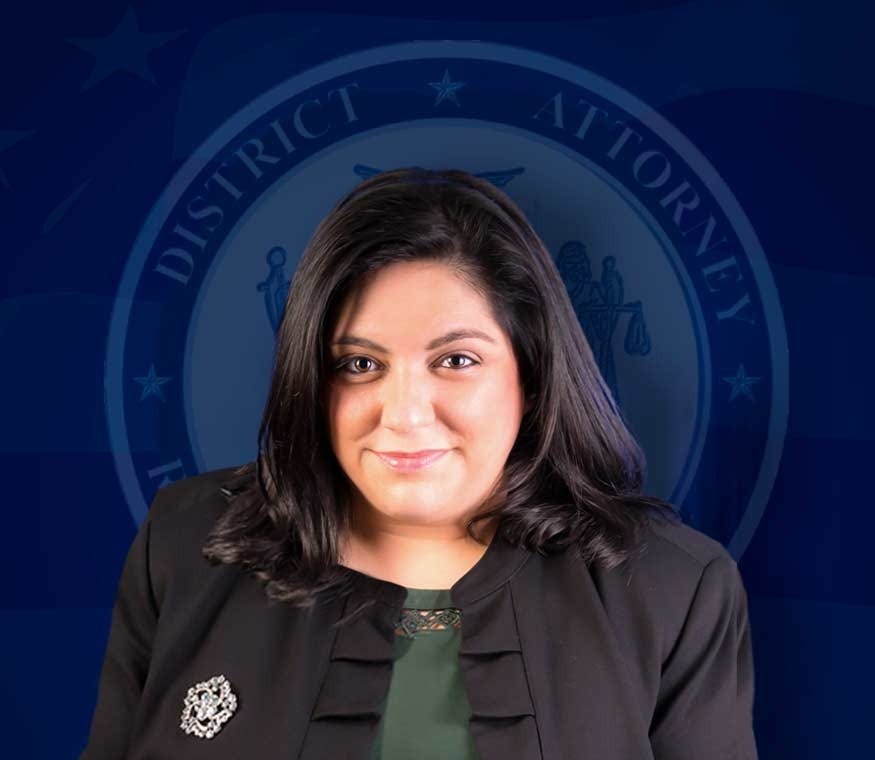
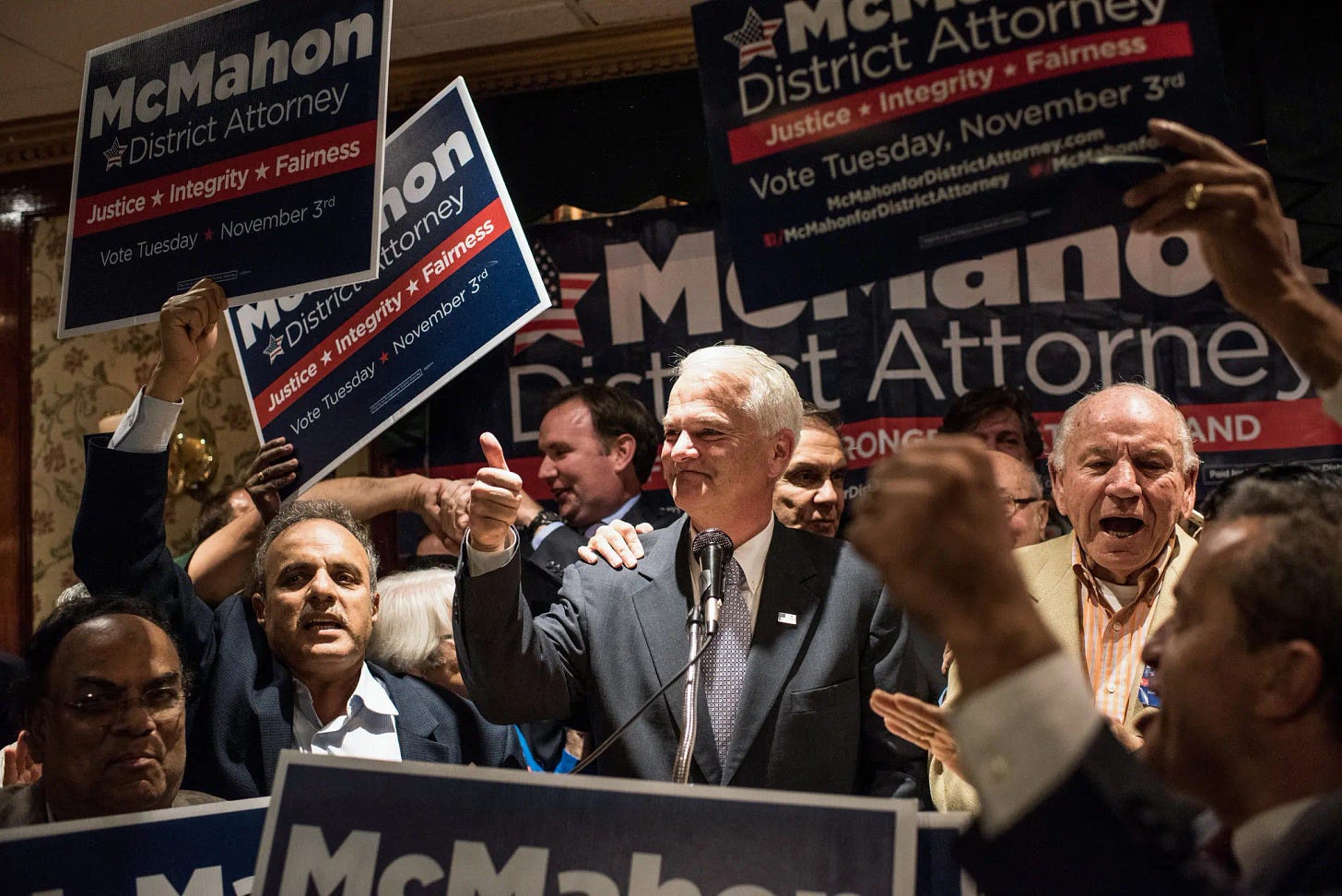
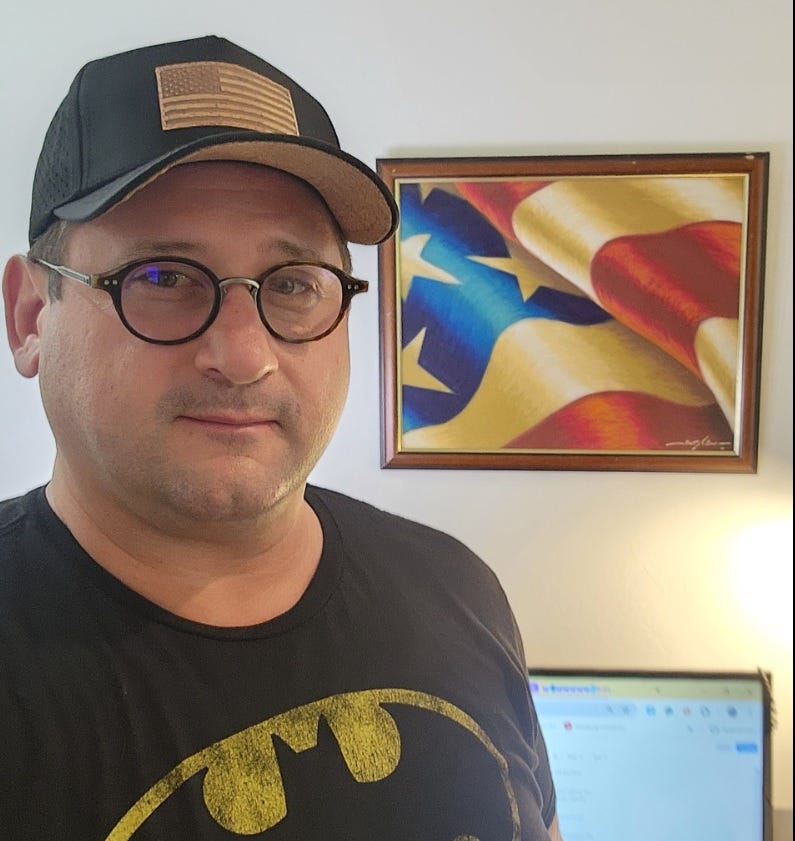
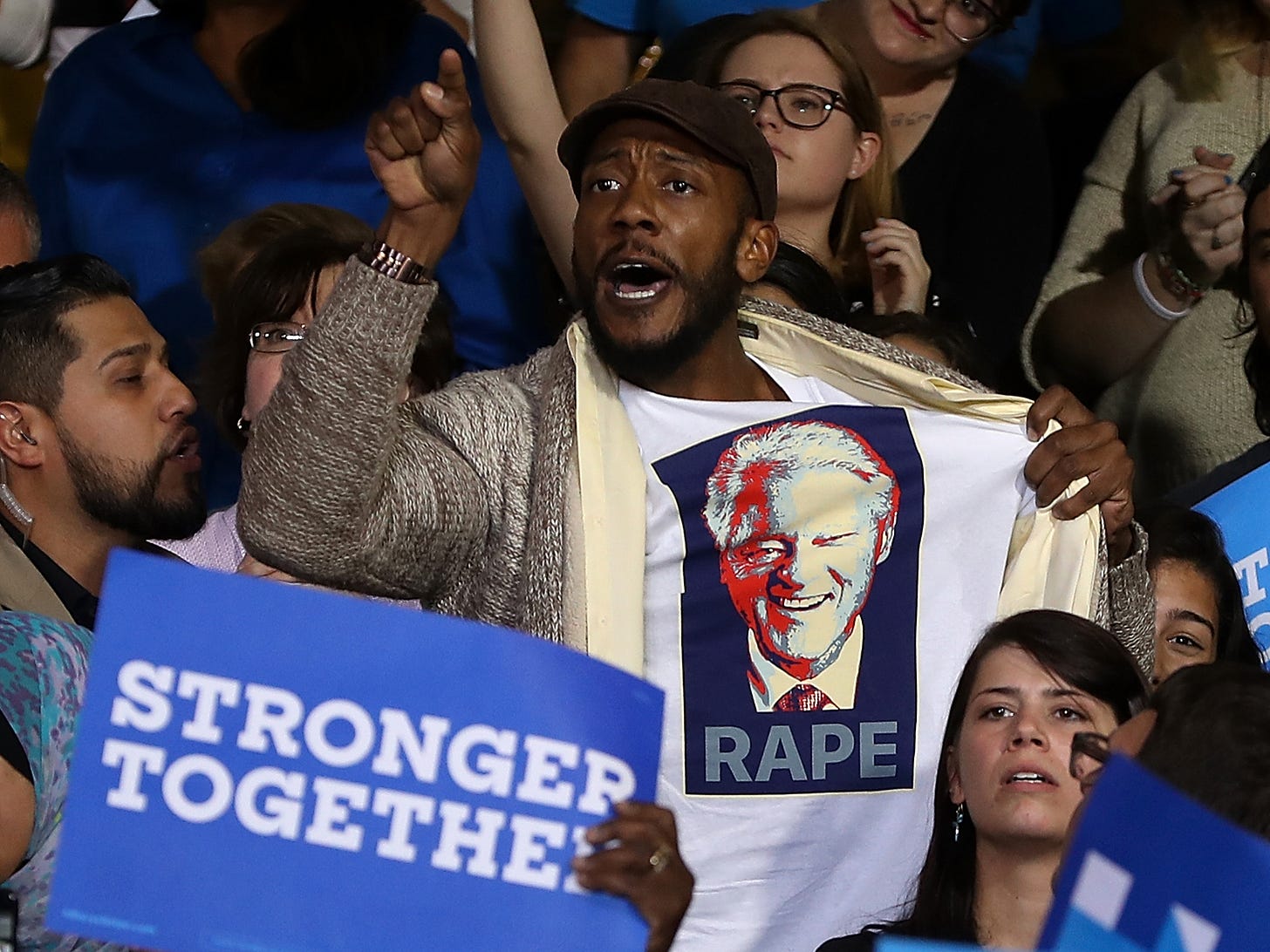
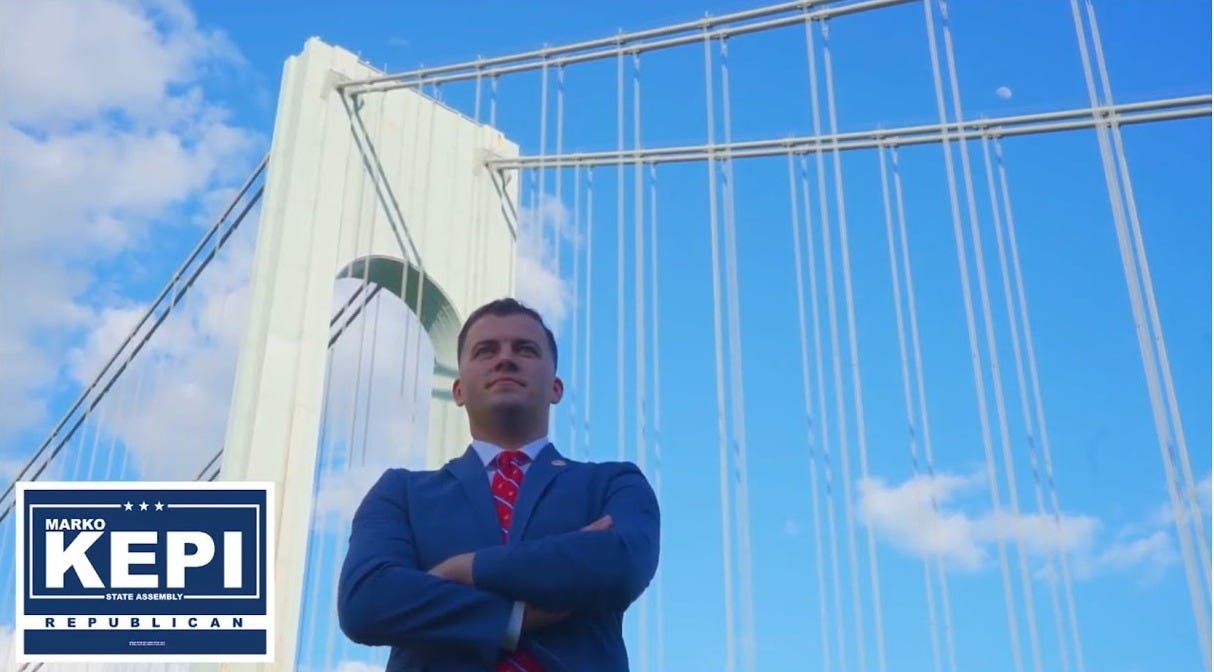
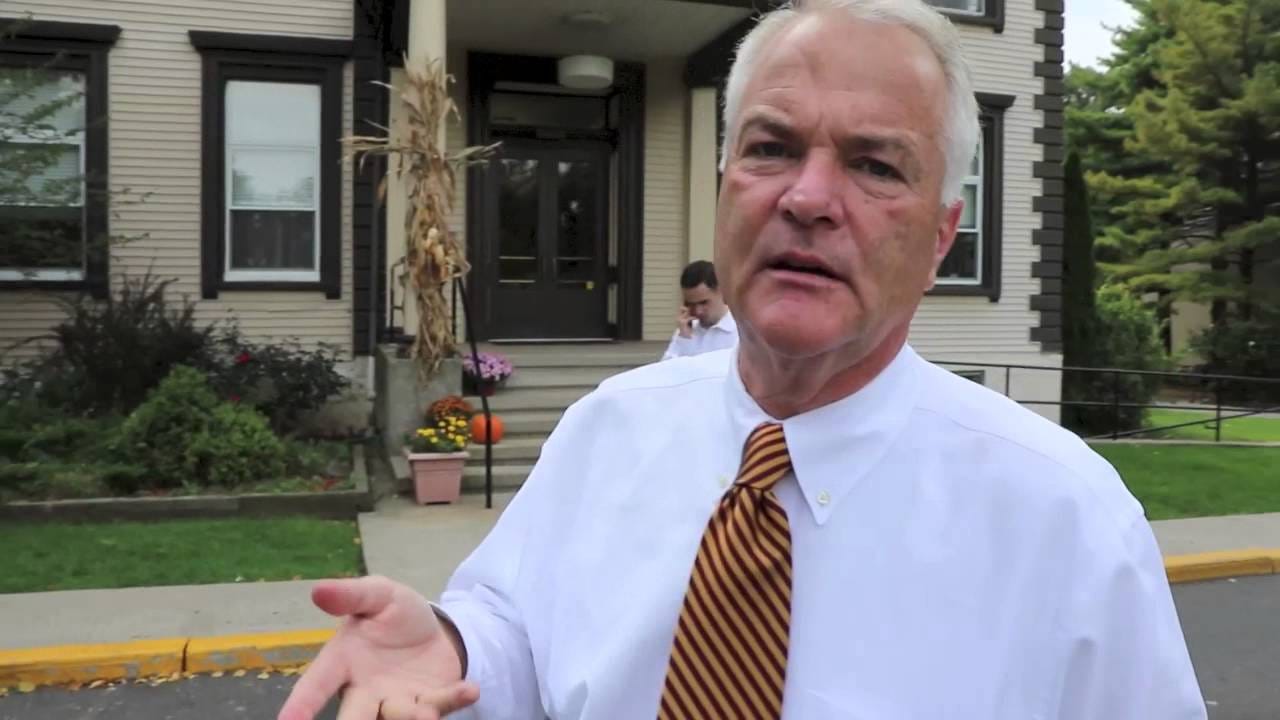
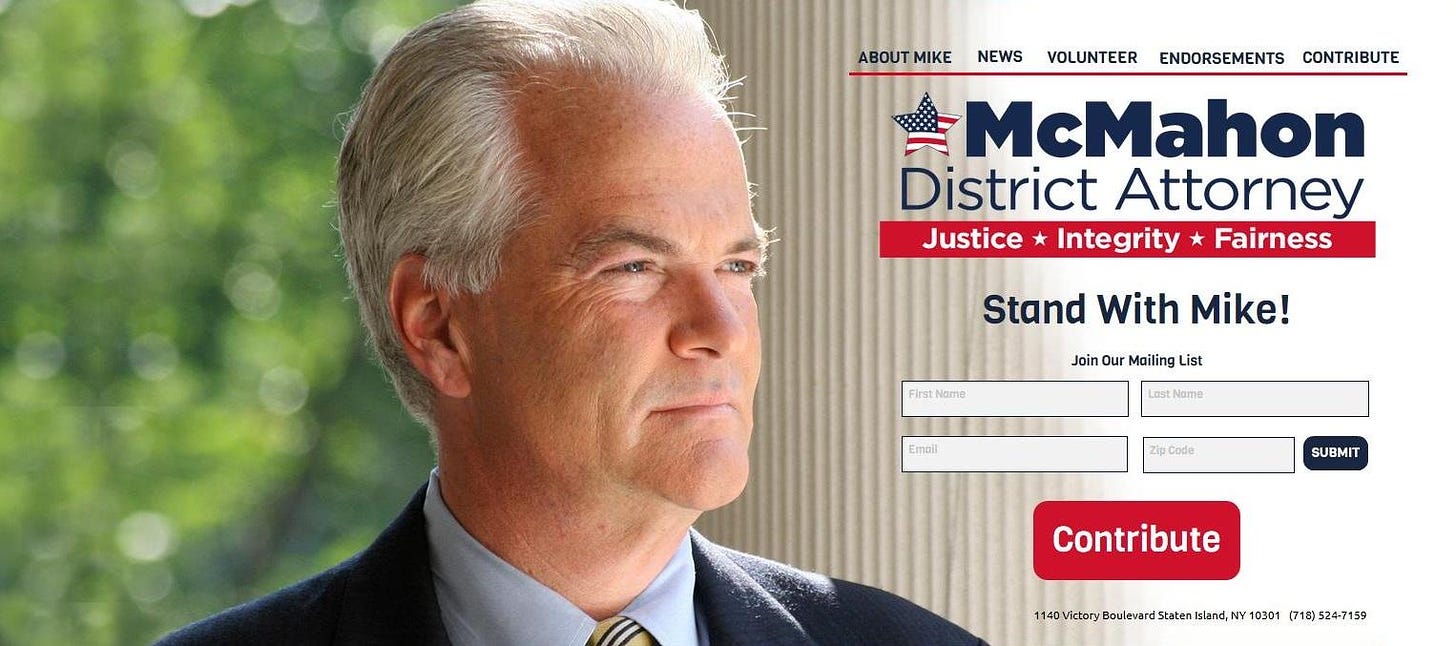











Share this post